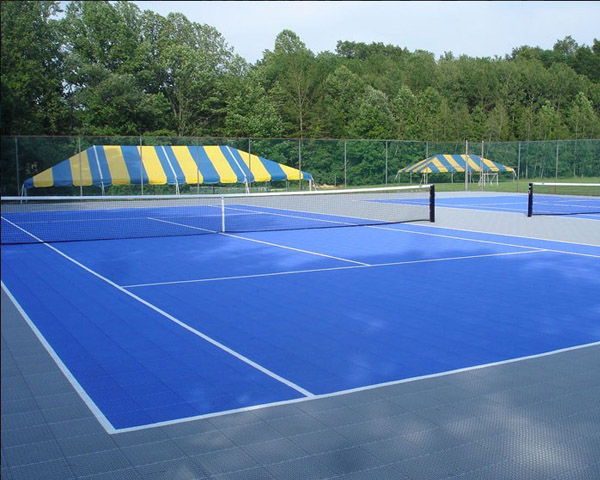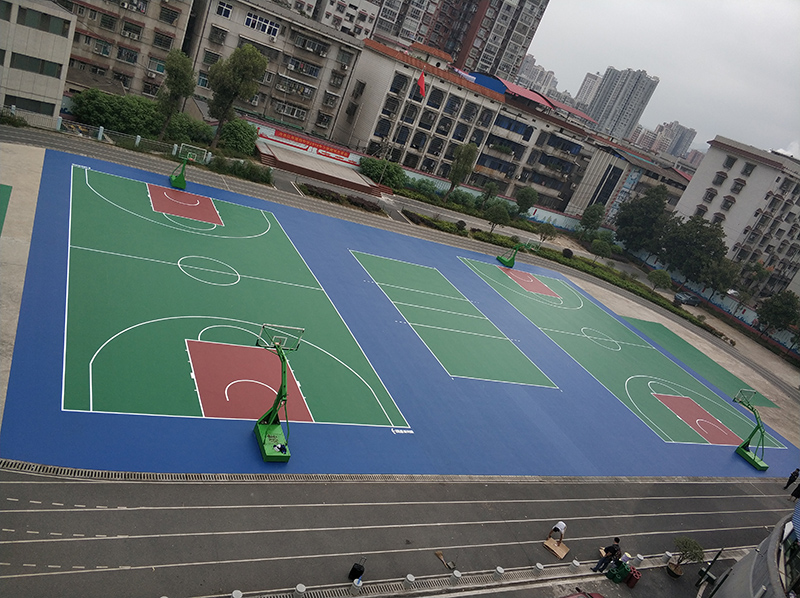2 月 . 15, 2025 03:06 Back to list
sport court flooring
Choosing the right flooring for a commercial kitchen is crucial for safety, performance, and maintenance. Over the years, I've observed various trends, gleaned insights, and accumulated extensive knowledge about what truly works in a bustling kitchen environment.
Of course, technology continues to innovate traditional flooring solutions. Recent advancements have introduced antimicrobial flooring options that actively inhibit the growth of bacteria and fungi. This not only meets but exceeds standard health codes, providing a safer environment for both workers and patrons. By investing in such cutting-edge materials, restaurants and commercial kitchens can distinguish themselves as leaders in safety and hygiene, building trust within the community. The installation process itself should not be underestimated in achieving optimal flooring performance. Engaging professional installers is non-negotiable. Their expertise ensures that the flooring is laid correctly, with appropriate underlays and top finishes, maximizing the lifespan and safety of the product. This investment in professional installation protects against future liabilities, which can arise from improper flooring application. Maintenance plays a pivotal role in upholding safety standards long after the initial installation. Regular inspections and adherence to cleaning protocols are essential. Utilizing specific cleaning agents designed for the flooring material helps preserve its safety features. Monthly reviews by supervisors or safety officers can catch early signs of wear and tear, preventing minor issues from escalating. Lastly, incorporating sustainability into flooring decisions not only demonstrates corporate responsibility but also appeals to the environmentally conscious consumer. Many modern flooring options are made from recycled materials and are 100% recyclable at the end of their life cycle. This sustainable approach supports broader environmental goals and positively impacts the business's reputation. Integrating these practices in commercial kitchen flooring decisions ensures not just compliance with safety standards but also fosters a positive workplace culture. Chefs and kitchen staff thrive in environments where they feel protected and valued, translating into better service and happier customers. Through careful selection, expert consultation, and rigorous maintenance, commercial kitchen owners can secure a flooring solution that is safe, durable, and trustworthy.


Of course, technology continues to innovate traditional flooring solutions. Recent advancements have introduced antimicrobial flooring options that actively inhibit the growth of bacteria and fungi. This not only meets but exceeds standard health codes, providing a safer environment for both workers and patrons. By investing in such cutting-edge materials, restaurants and commercial kitchens can distinguish themselves as leaders in safety and hygiene, building trust within the community. The installation process itself should not be underestimated in achieving optimal flooring performance. Engaging professional installers is non-negotiable. Their expertise ensures that the flooring is laid correctly, with appropriate underlays and top finishes, maximizing the lifespan and safety of the product. This investment in professional installation protects against future liabilities, which can arise from improper flooring application. Maintenance plays a pivotal role in upholding safety standards long after the initial installation. Regular inspections and adherence to cleaning protocols are essential. Utilizing specific cleaning agents designed for the flooring material helps preserve its safety features. Monthly reviews by supervisors or safety officers can catch early signs of wear and tear, preventing minor issues from escalating. Lastly, incorporating sustainability into flooring decisions not only demonstrates corporate responsibility but also appeals to the environmentally conscious consumer. Many modern flooring options are made from recycled materials and are 100% recyclable at the end of their life cycle. This sustainable approach supports broader environmental goals and positively impacts the business's reputation. Integrating these practices in commercial kitchen flooring decisions ensures not just compliance with safety standards but also fosters a positive workplace culture. Chefs and kitchen staff thrive in environments where they feel protected and valued, translating into better service and happier customers. Through careful selection, expert consultation, and rigorous maintenance, commercial kitchen owners can secure a flooring solution that is safe, durable, and trustworthy.
Share:
Next:
Latest news
-
Custom Pickleball Court Solutions Convert Tennis & Indoor Builds
NewsMay.30,2025
-
Outdoor Pickleball Court Costs Build & Install Pricing Guide
NewsMay.30,2025
-
Premium Pickleball Sports Courts Custom Design & Installation
NewsMay.30,2025
-
Indoor Pickleball Courts Tennis Court Conversion & Custom Builds Tempe
NewsMay.29,2025
-
Professional Pickleball Court Installation & Tennis Court Conversions
NewsMay.29,2025
-
Grey Synthetic surface-rubber prefabricated track
NewsMar.07,2025

